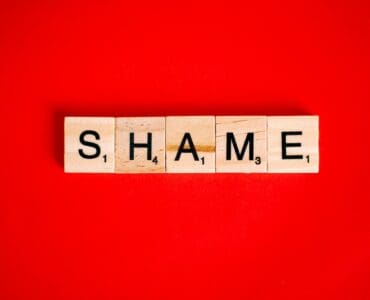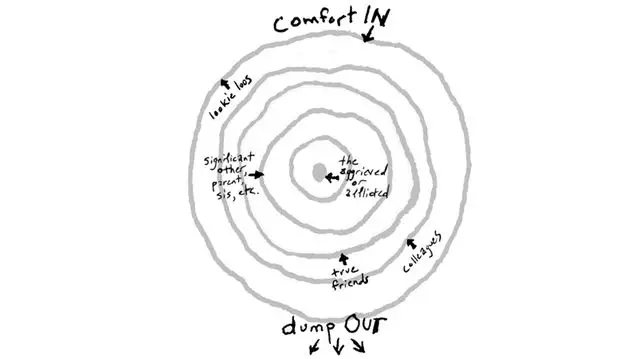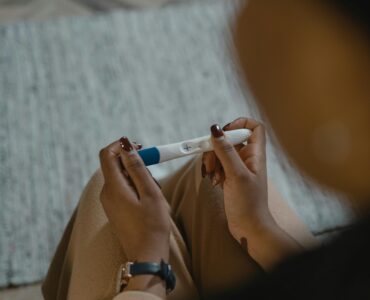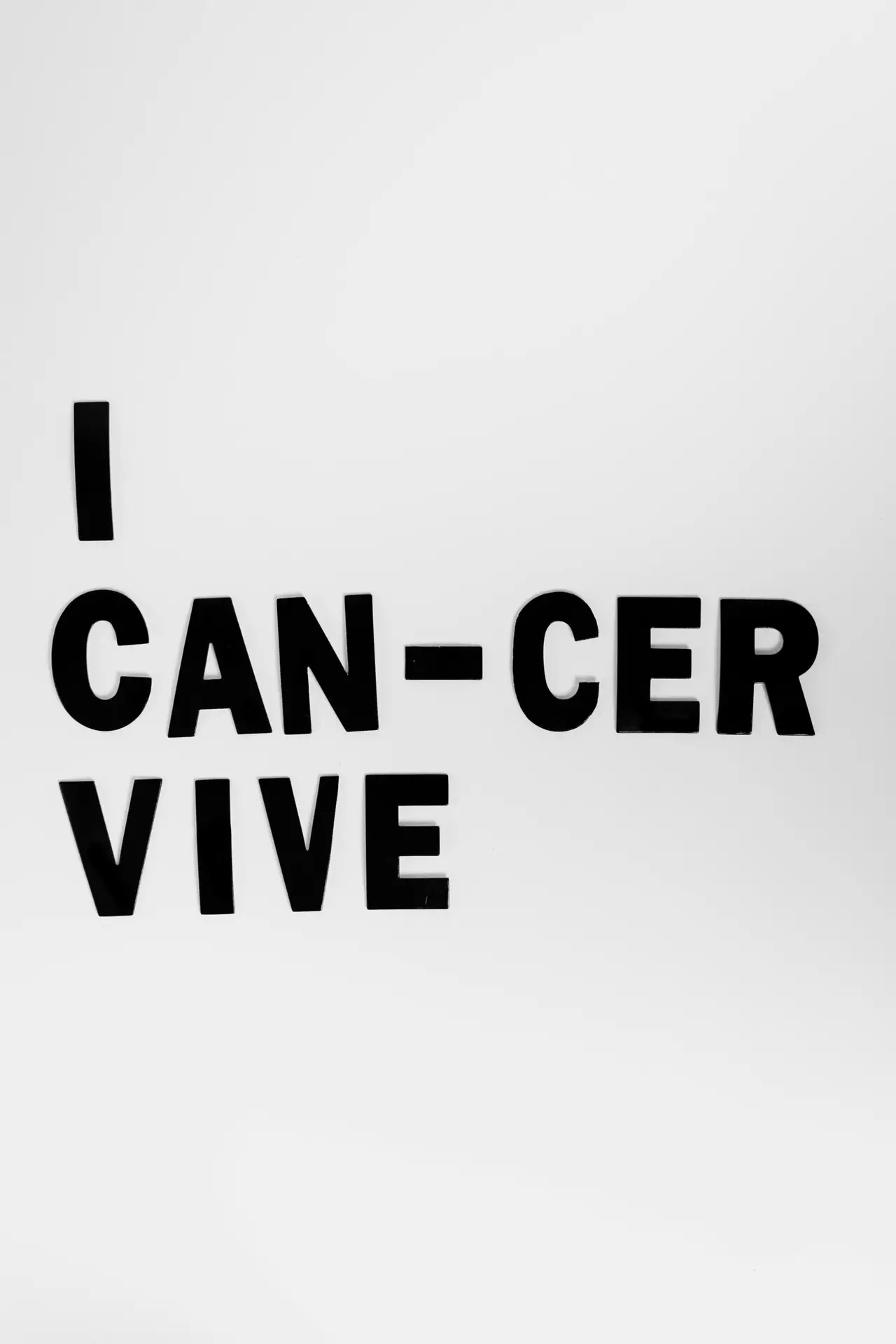Just this week, Tina Knowles, Beyoncé’s mother, shared her news of an early-stage breast cancer diagnosis.
In one of my journey’s most enlightening conversations, a wise friend who traversed the path of a breast cancer diagnosis before me reiterated, “Knowledge is power.” I’ve observed that awareness and regular screening are our armor—our most potent weapons in this daunting fight. It’s why I wrote my book Flat Please Hold the Shame, which then inspired the creation of AskEllyn.ai
Recounted in her book The Matriach, Knowles shared that her life took an abrupt detour when a mammogram detected stage one breast cancer.
Once again, we hear a harsh truth—cancer doesn’t discriminate. It stalks the stay-at-home mom as mercilessly as the celebrity superstar’s matriarch.
In Tina’s case, the diagnosis came after a missed routine mammogram. This only underscores the significance of vigilance and early detection.
As told to People Magazine, the celebrity mom admitted she was guilty of skipping her routine screening. “I forgot that I didn’t go to get my test two years before I thought I had,” she says, “because COVID came and they called me and cancelled me and they said, we’ll call you when we start testing again. And I just thought I had done it. So you cannot play around with that.”
Ironically enough, Beyoncé’s father, Mathew Knowles also bravely journeyed through a male breast cancer diagnosis, serving as a poignant reminder that breast cancer isn’t confined to women. Men have breast tissue and can develop breast cancer, albeit it is a rarity, which can make detection even more challenging.
There are a few lessons to be learned from Tina Knowles’ diagnosis
- Tina had no genetic predisposition to breast cancer. This is true of 85% of breast cancer diagnoses. Most have no family or genetic connection.
- Depending on the grade of your tumor and the aggressiveness of your breast cancer, a missed mammogram can be significant. As an example, I went religiously for my screenings, and yet, two years and two months after my last clean scan, I was diagnosed with multifocal breast cancer and the largest tumor was 4.5 cm. I will always wonder if I had been able to go annually if I may have been spared invasive surgery and treatments.
- Telling your story matters. Tina mentions that she initially wanted to keep her news private, but in time, felt it was important to share and drive other women to action. I did the same when I was diagnosed and 17 women all said they would go for mammograms. Two of those women were subsequently diagnosed with early stage breast cancer.
Breast cancer can truly can happen to any one of us. It is important to know your normal at all times. Not all of us are eligible yet for mammograms. So, doing self-exams regularly is very important.
Know Your Lemons and Breast Self-Examination
For many, breast self-exams feel like an abstract practice. What are we really looking for? How do we distinguish between normal and concerning?
That’s where the Know Your Lemons Foundation has revolutionized awareness. The non-profit’s iconic image—a carton of lemons showing 12 different signs of breast cancer—makes undertanding the tell tale signs of breast cancer simple. This visual campaign is not just clever. It’s clear, inclusive, and powerful.
Here are just a few things to look for during a self-exam, inspired by Know Your Lemons:
- Lump or thickening: Any new lump or an area that feels thicker than the rest.
- Dimpling or puckering of the skin: Looks a bit like the skin of an orange.
- Change in size or shape: One breast suddenly looking different than the other.
- Nipple retraction or change: A nipple that turns inward or looks different than usual.
- Redness or heat: Skin that feels warm, looks red, or is inflamed.
- Crust or scaly skin on the nipple.
- Unexpected discharge, especially if it’s bloody or comes from only one nipple.
- A growing vein or area that feels hard, like a marble under the skin.
- Pain: Most breast cancers don’t cause pain, but some do—especially if something feels new or persistent.
And remember: you don’t need to have a lump to have breast cancer. This myth has led too many to delay a diagnosis.
Turn Knowledge Into Action
What can you do today?
- Do a self-exam—right now, if you haven’t this month.
- Book your mammogram if you’re due.
- Share this post with a friend. You might just save a life.
- Download the Know Your Lemons App and use it!
- Talk to your doctor about any changes you notice—even if they seem small.
- If you are diagnosed, AskEllyn.ai is here to offer you companionship and support.
It’s not just about saving your own life. It’s about building a community where awareness is contagious and early detection becomes the norm.
My video take on this topic!
Are any of you hesitant about regular screenings, or have thoughts to share? Let’s keep this conversation going. It’s not just important—it’s urgent. 💗




